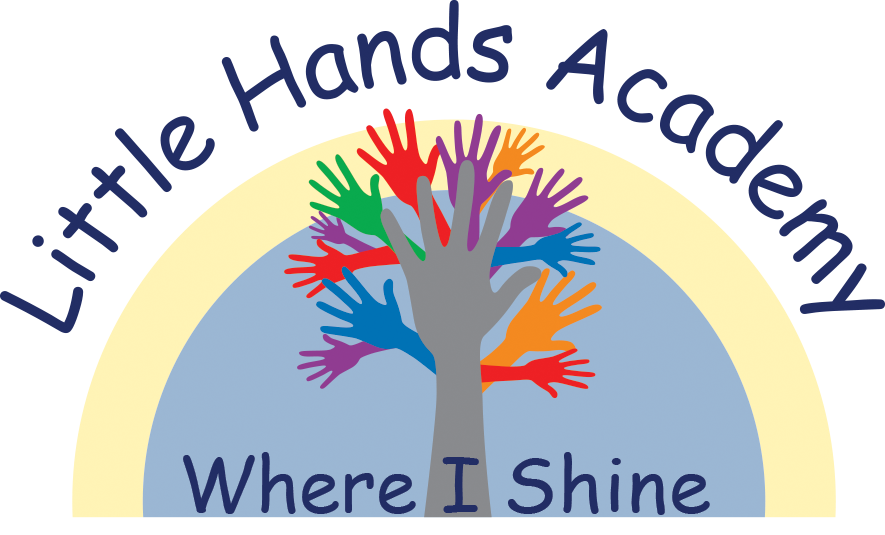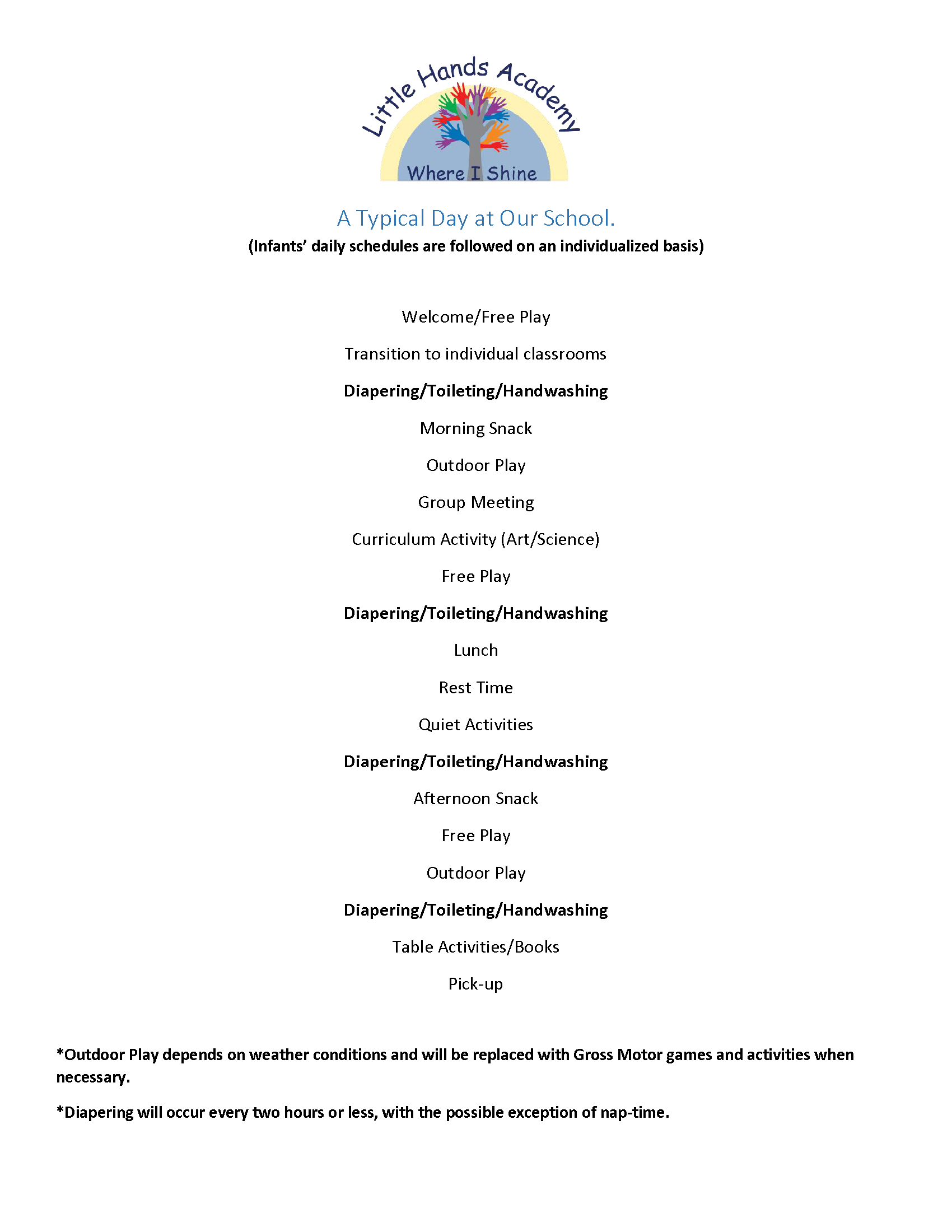Infant One | Schedule
The Department of Early Education and Care (EEC) and the Department of Elementary and Secondary Education (ESE) jointly developed standards for social – emotional development and approaches to play and learning in preschool and kindergarten.
Infant One | Curriculum
LHA curriculum is a play-based or child-centered preschool program, children can choose activities based on the current interests. Learning activities such as creative arts, literacy, numeracy, social studies, science, etc. are presented to children through play. Educators encourage children to play, facilitating both social and emotional skills along the way. It often looks like children are “just playing”, but in fact, they are learning important educational, social, emotional, and life skills through the process of play.
Play enhances children’s physical, social/emotional, and creative growth, and development. It is the primary means by which children explore their world and begin to make sense of the world around them. Without play, it is difficulty for a child to understand how the world functions and how they can function in it.
It is evident that play has a major role in the cognitive development of the child, but what about meeting those important learning objectives and goals? Through play, children actively post problems, explore solutions, and begin to develop a real understanding of how things function in the world around them. Educators can support this play-based philosophy by offering and encouraging the engagement in play-based activities centered around academic areas that will allow for cognitive development as well as activities that will promote social and emotional learning.
A play-based learning environment is generally set up into sections. There are typically sections for science, literacy, writing, reading, dramatic play, blocks and building, and social studies. These areas of learning will then incorporate play-based materials and activities that the children will find engaging and fun. The learning environment will be inspiring, stimulating, and nurturing, and it will welcome all children of cultural, ethnic, and linguistic backgrounds. The classroom will be a place that children can feel safe to learn, play and explore. It will be organized in a way that supports the child’s social and emotional development as well as cognitive learning.
F.A.Q.
Are you licensed?
How do you keep parents up to date on their kid’s daily activities or behavior?
How many children attend the daycare?
What is your child to caregiver ratio?
What activities do you do with the children?
What is a typical day like?
How do you handle discipline or behavioral problems?
What’s your sick-child policy?
How, and how often, do you sanitize the toys and materials used by the children?
Can parents drop by whenever they’d like?
Why Choose Little Hands Academy?



